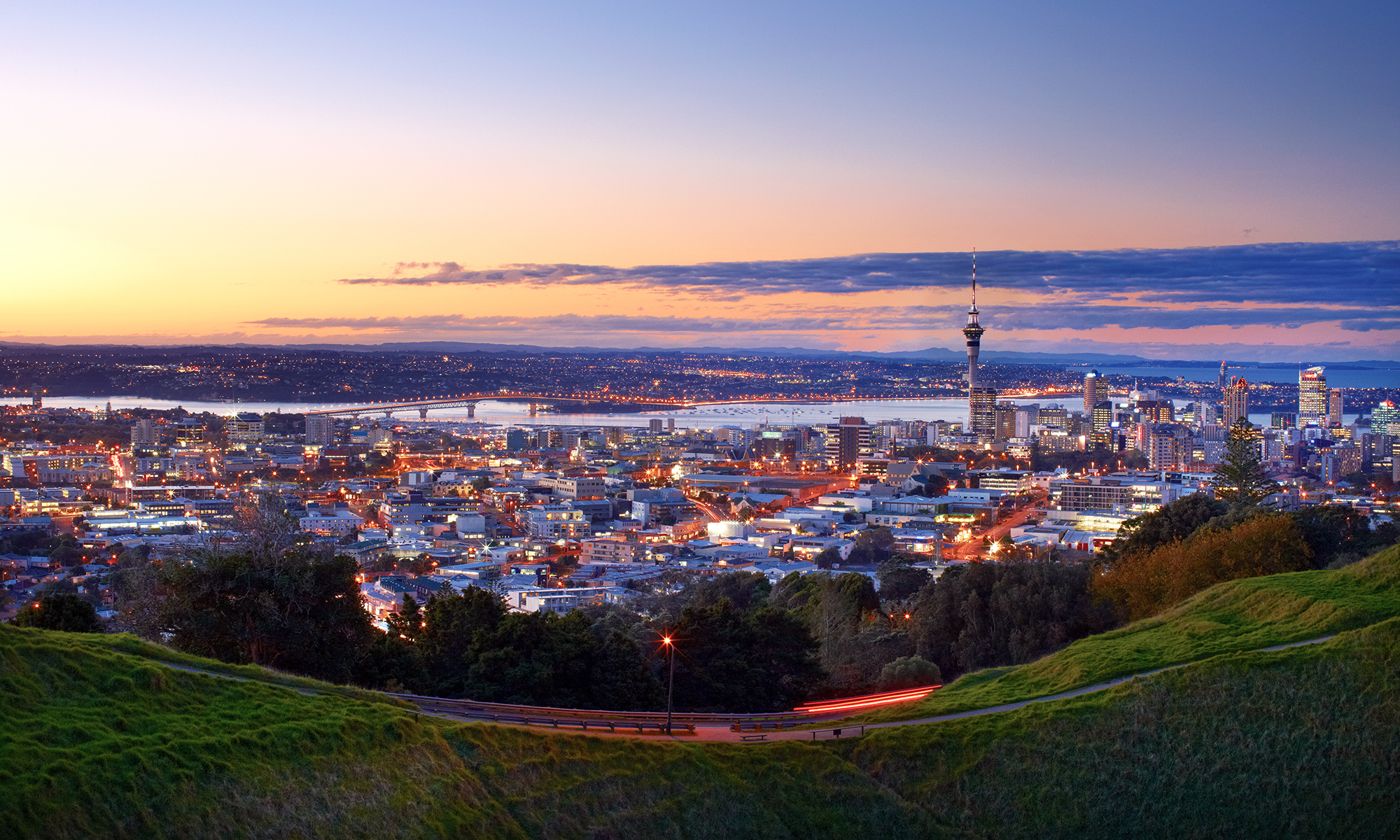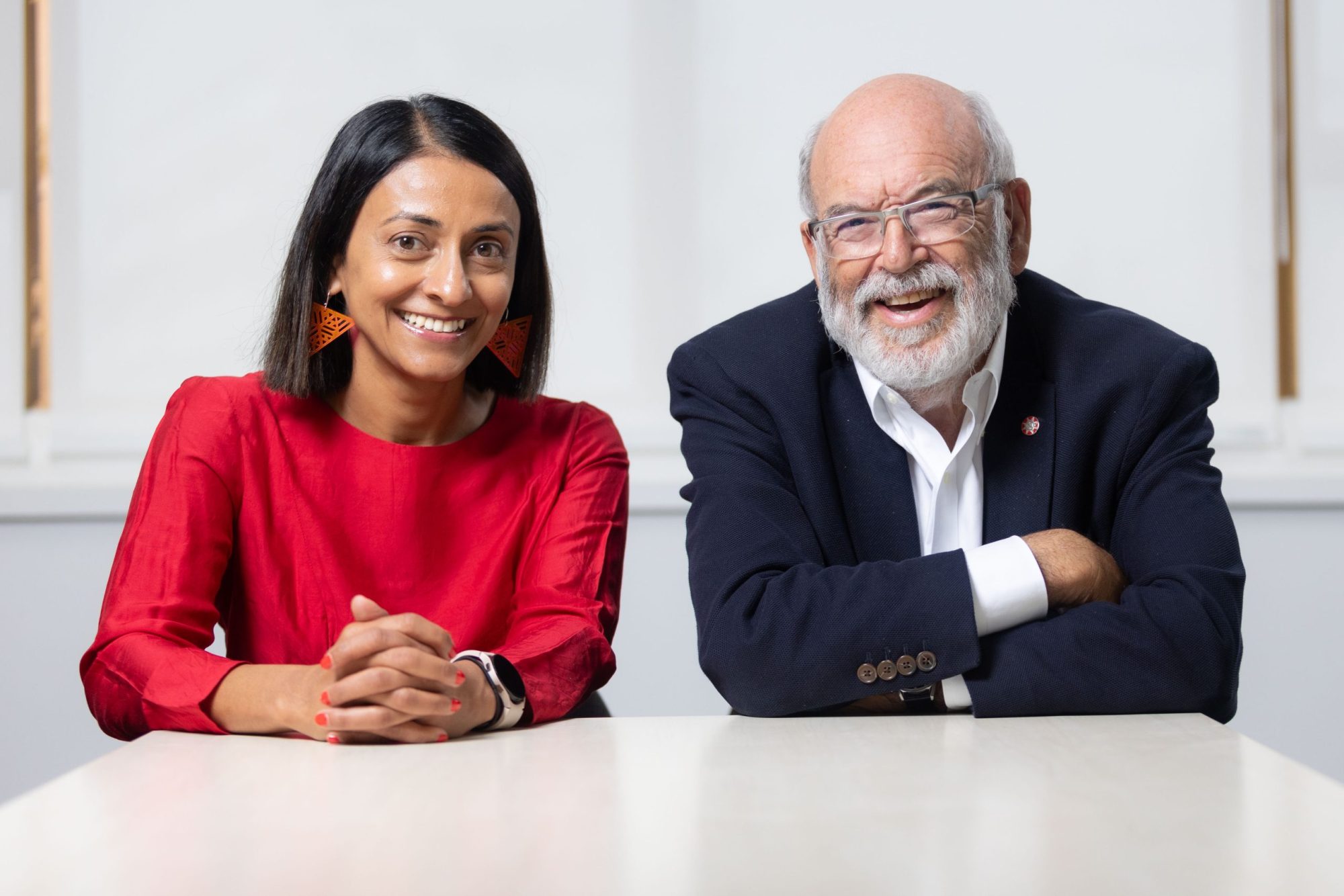
New Zealand needs to have tough conversations about how we can make collective decisions to improve the long-term prospects of all New Zealanders, says a new think-tank report.
The Future is Now: Exploring the post-pandemic direction for Aotearoa New Zealand was launched today by Koi Tū: The Centre for Informed Futures at the University of Auckland.
Written by Koi Tū director Sir Peter Gluckman and Koi Tū deputy director Anne Bardsley, with input from business, academic and government representatives, the wide-ranging report covers topics ranging from constitutional and public sector reform to demographic policy, sustainability issues and the future of education.
It says we need “a reset with a sense of purpose” that looks ahead a decade to 2030, the target year for the Sustainable Development Agenda, and two decades ahead to consider the bicentenary of the Treaty of Waitangi in 2040.
Sir Peter, the former Chief Science Advisor to the Prime Minister and president-elect of the International Science Council, says we have an opportunity to consider our place in the world, how we operate as a country and cooperate a society.
“Covid-19 has brought an appreciation of things we have long taken for granted and jolted our consciousness around what we need and want as a country. The world has recently taken notice of this small southern nation, but can we live up to our current glowing external reputation over the long term? Can we be an example society committed to environmentalism, social justice and fairness, but also committed to individual freedoms and a market economy?” he says.
The report builds on the Future is Now discussion paper series produced by Koi Tū that reflected on New Zealand’s geostrategic positioning in a post-COVID world, and on domestic issues of social cohesion, mental health, the environment, growing a knowledge economy, and the primary production and food sectors.
The series proposition was that no matter how well we initially coped with the pandemic hitting our shores, its impacts on society were likely to be so wide-ranging and profound as to trigger a ‘reset’ – necessitating careful consideration of our national aspirations and direction as we look beyond the current crisis into our medium- and long-term future.
Co-author Dr Bardsley says New Zealand tends not to think about 2030 as the goal year for the Sustainable Development Agenda.
“There are groups and organisations taking action, but they are not really working collectively, and so their impact is not as great as it could be. Our recent election outcome would suggest that many New Zealanders are ready for conversations about where we want to be 10-20 years from now.”
Dr Bardsley says these conversations need to happen in new and more inclusive ways. Around the world there are many experiments in participatory and deliberative democracy, and Koi Tū is striving to learn from these to develop a bespoke model of deliberation in the New Zealand context.
“We need to find new ways to deliberate on the complex issues, incorporating different values and exploring trade-offs. We have a chance to start more inclusive discussions about how our bicultural and multi-ethnic society should evolve, and how we want to govern ourselves.”
Koi Tū Chair Bridget Coates says the report is critically important and was intended as a national conversation starter.
“It lays out many challenges we face yet we – as a country – have tended to leave in the too-hard basket including constitutional, social, environmental and economic issues.”
The paper had input from industry, academic and government representatives including John Allen, Bridget Coates, Rob Fyfe, Andrew Grant, Arthur Grimes, Stephen Goldson, Hermann Hauser, Rangimarie Hunia, Sir Christopher Mace, Tracey McIntosh, Richie Poulton, Hema Sridhar, Paul Spoonley and Evan Williams.


